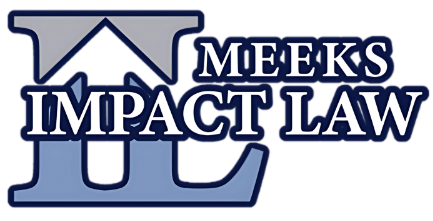Personal injury claims are legal disputes that arise when one person suffers harm from an accident or injury, and someone else might be legally responsible for that harm. These claims typically stem from incidents like car accidents, slip and falls, medical malpractice, or commercial truck cases. Understanding the basics of personal injury claims is crucial for anyone who may find themselves in such a situation.
The foundation of a personal injury claim lies in the concept of negligence. Negligence occurs when someone fails to exercise reasonable care, resulting in harm to another person. To have a valid personal injury claim, four elements must typically be present:
- Duty of Care: The person responsible for the injury must have owed a duty of care to the victim. For example, drivers have a duty to operate their vehicles safely, and property owners have a duty to maintain a safe environment for visitors.
- Breach of Duty: There must be a breach of that duty, meaning the responsible party failed to uphold their obligation to exercise reasonable care. This could involve actions like speeding while driving or failing to fix a hazardous condition on a property.
- Causation: The breach of duty must be directly linked to the injury suffered by the victim. In other words, the victim must show that the injury would not have occurred “but for” the actions (or inactions) of the responsible party.
- Damages: The victim must have suffered actual damages, whether physical, emotional, or financial, as a result of the injury. These damages may include medical expenses, lost wages, pain and suffering, and property damage.
Once these elements are established, the injured party can pursue compensation through a personal injury claim. Compensation, often referred to as damages, aims to reimburse the victim for their losses and help them recover from the incident. This compensation can cover various expenses, including medical bills, rehabilitation costs, lost income, and compensation for pain and suffering.
It’s essential for individuals involved in accidents to seek legal guidance promptly. Consulting with a personal injury attorney can help victims understand their rights, navigate the complexities of the legal system, and pursue fair compensation for their injuries.
In conclusion, personal injury claims revolve around the concept of negligence and seek to hold responsible parties accountable for the harm they cause. By understanding the basic elements of a personal injury claim, individuals can better protect their rights and seek the compensation they deserve following an accident or injury.
The post Understanding the Basics: What Constitutes a Personal Injury Claim? appeared first on Meeks Impact Law.
